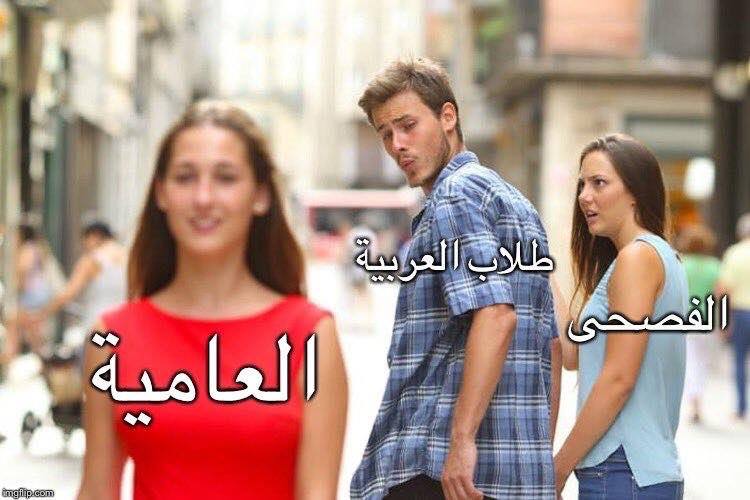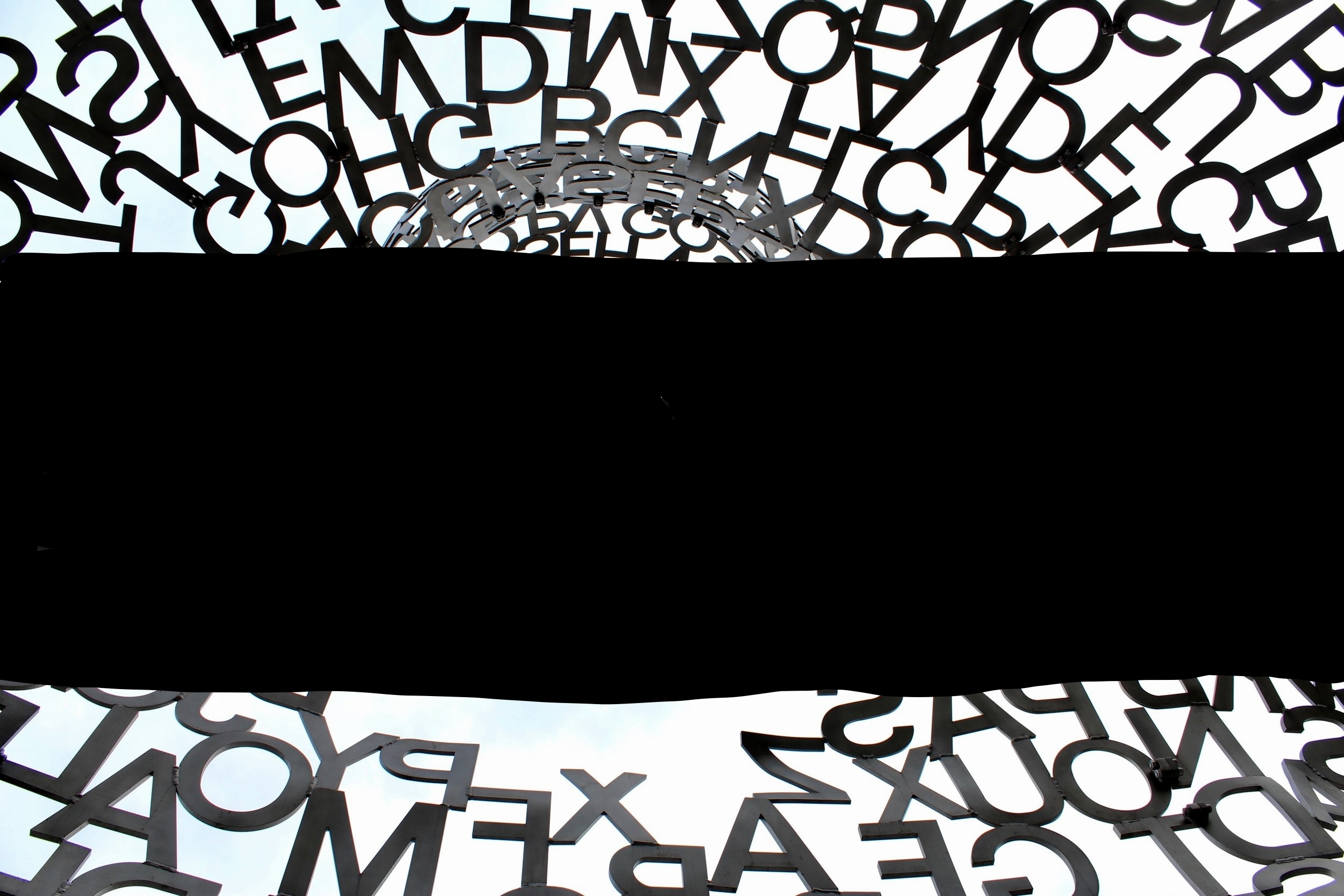Blog Categories
Latest Posts
-

Genre-based approaches in the language classroom: the appeal and the challenges
I first learned about genre-based approaches to language teaching in a pedagogy class in graduate school, where we read two articles describing various aspects of the Georgetown German Curriculum. I was immediately attracted to this approach, and have been working to implement this type of curriculum for the last six years in our Arabic classes…
-

Bringing emotions and ideology into the MSA/dialects debate
The meme above seems to be making the rounds for everything these days, and the image above popped up in my Facebook feed the other day. I smiled, because it my experience it captures a common conundrum in Arabic teaching—we usually focus on Modern Standard Arabic, MSA, الفصحى in the classroom, much to the dismay…
-

Curriculum Development Part 1: Choosing Assessment Tasks
As I mentioned last week, the current stage of our curriculum development is creating our own curriculum and materials. Given time constraints (a constant in teaching!) we are focusing on doing this only in our second year class in the upcoming academic year, and making only minor modifications to the other classes. With the permission…
-

Curriculum Development: The Background
The more I teach, the more I become interested in the process, and the complex interplays between theories of language, theories of pedagogy, context and practice. When I first started teaching, I would become frustrated when I couldn’t match what I envisioned as the “ideal” theory or practice to the classroom. Yet as I gain…
-

Making time and space for reflection as a language teacher
In my very first post, I noted the importance of reflection for intercultural learning during study abroad—that is, it’s not enough to simply have intercultural contact, but it’s also necessary to reflect upon this contact. This is also true for teaching—it’s not enough to receive training, and design curricula, and implement lessons, we also need…
-

Ideologies of Language and the Beginning Language Class: Part 2
Last week, I discussed several popular methods of organizing beginning language classes under the overarching critique of focusing on either decontextualized sets of language or prioritizing transactions over social relationships. This week, I’m focusing on what I am interested in implementing in my classroom, drawing from both functional theories of language and translanguaging pedagogy. Language…
-

Ideologies of Language and the Beginning Language Class: Part 1
Last week, I talked about how the language of social relationships is often overlooked in beginning language classes, and I think this is one reason students use English. As language teachers, I think we tend to view beginning language classes as the start of a language learning journey, or a step to more advanced classes…
-

Translanguaging Pedagogy: Recognizing social practices in the classroom
In my last post, I discussed some practices where I think translanguaging pedagogy simply gives us a new mindset on practices that already occur in the language classroom (or at least in my classroom). In this post, I want to focus on an area of the language classroom where I think we could be more…
-

Translanguaging Pedagogy in the Language Classroom: A New Mindset?
As is most likely clear from previous posts on nation-state ideologies of language and the multilingual turn, I find the latter a more appealing ideology for my language classroom, especially when combined with functional approaches to linguistics, that emphasize what learners do with language in actual contexts. Yet, as usual, the challenge for combining theory…
-
What is language? The Multilingual Turn and Translanguaging Pedagogy
The “Multilingual Turn” is a term used to critique the monolingual ideologies originating in the nation-state that have dominated research in Applied Linguistics and Second Language Acquisition in the U.S. Although multilingual ideologies of language have long existed in highly multilingual contexts, they have recently gained traction in critiques of the fields of Second Language…